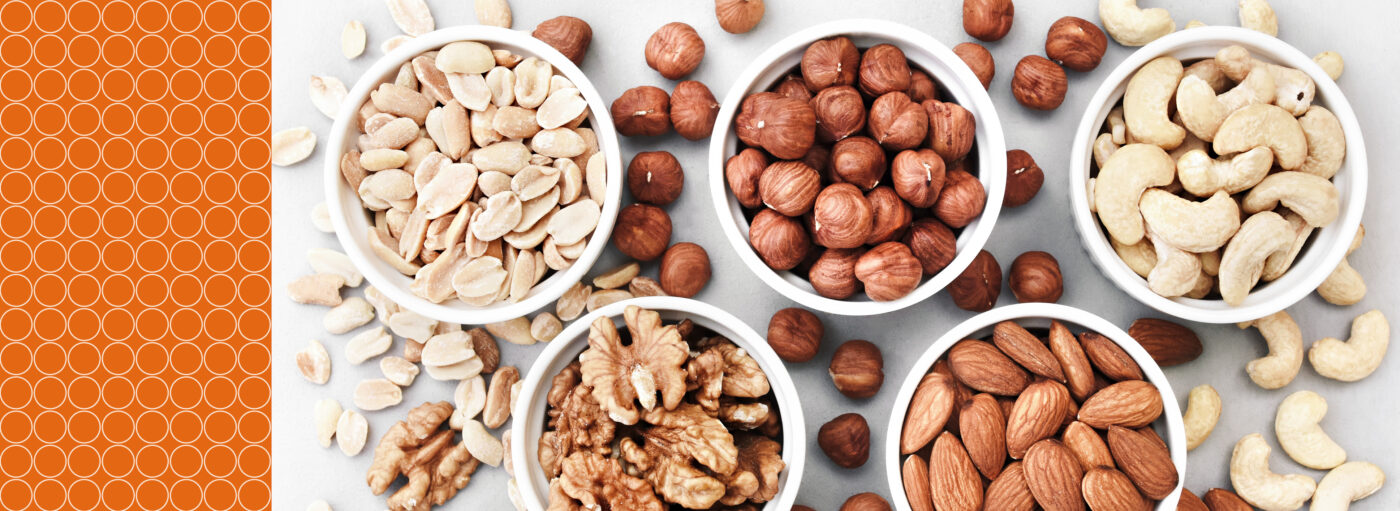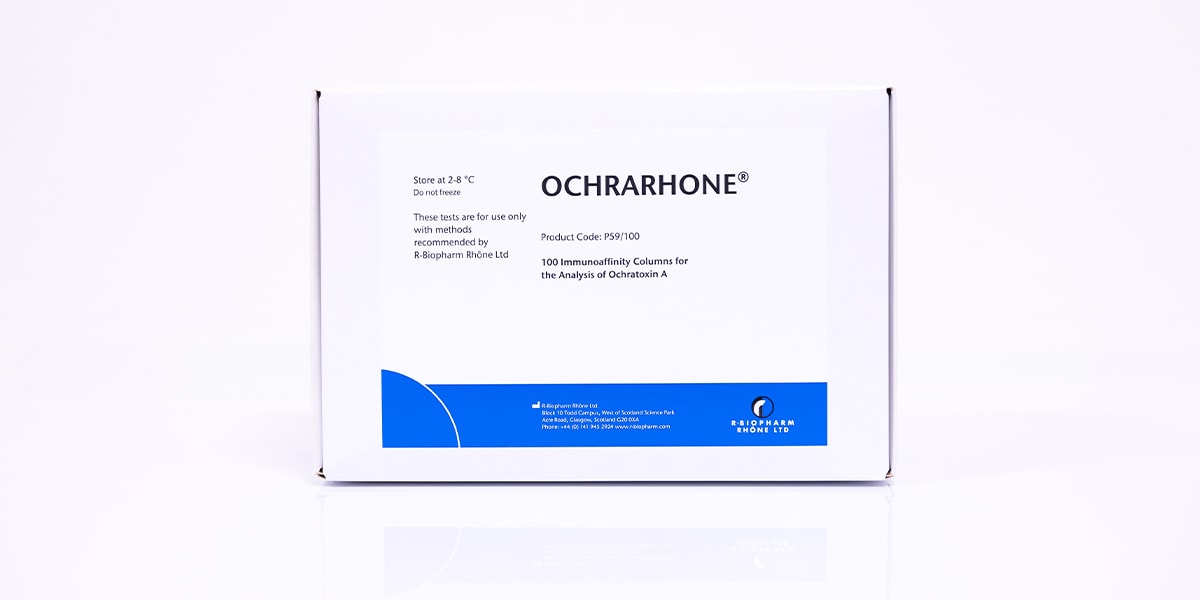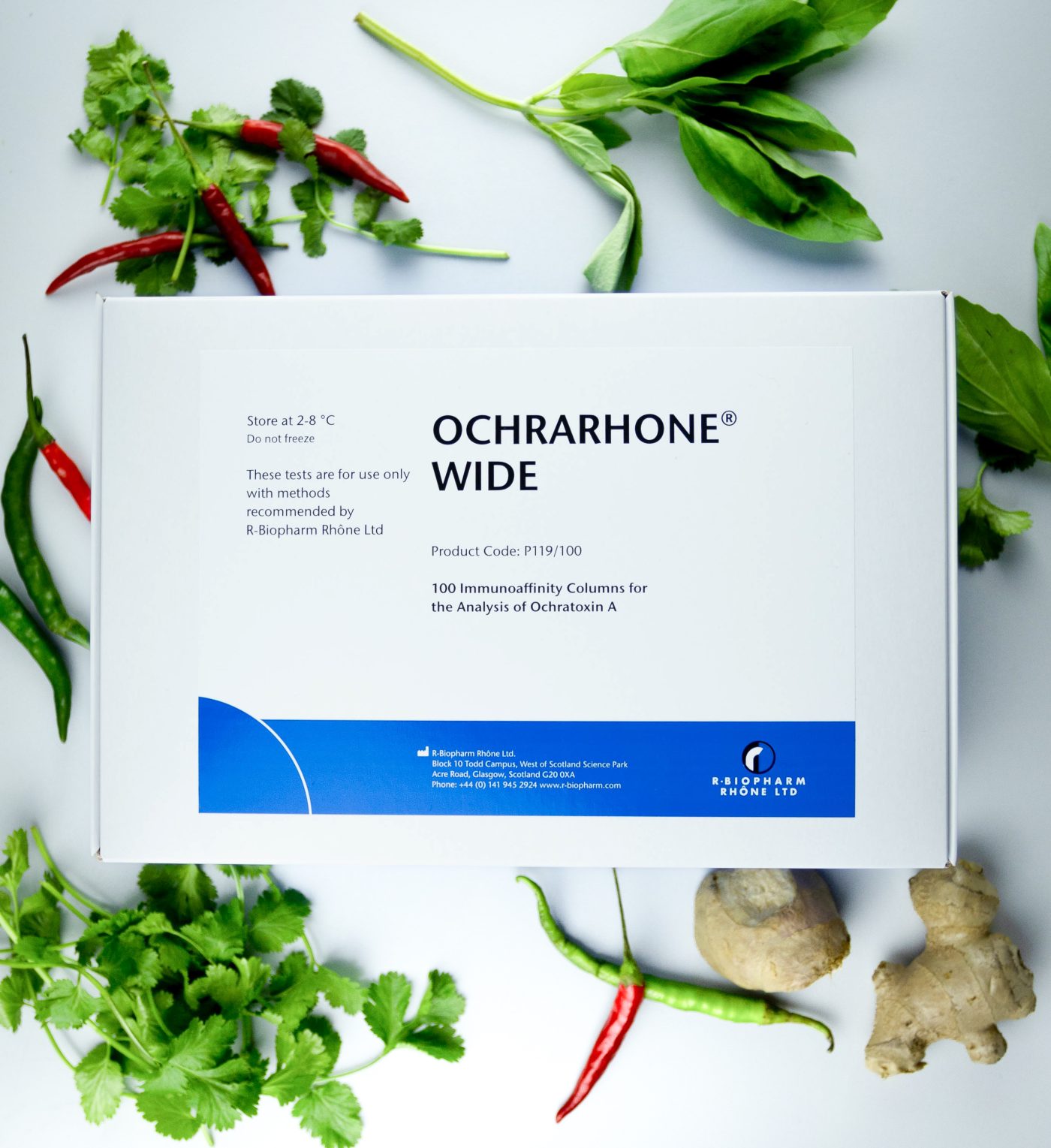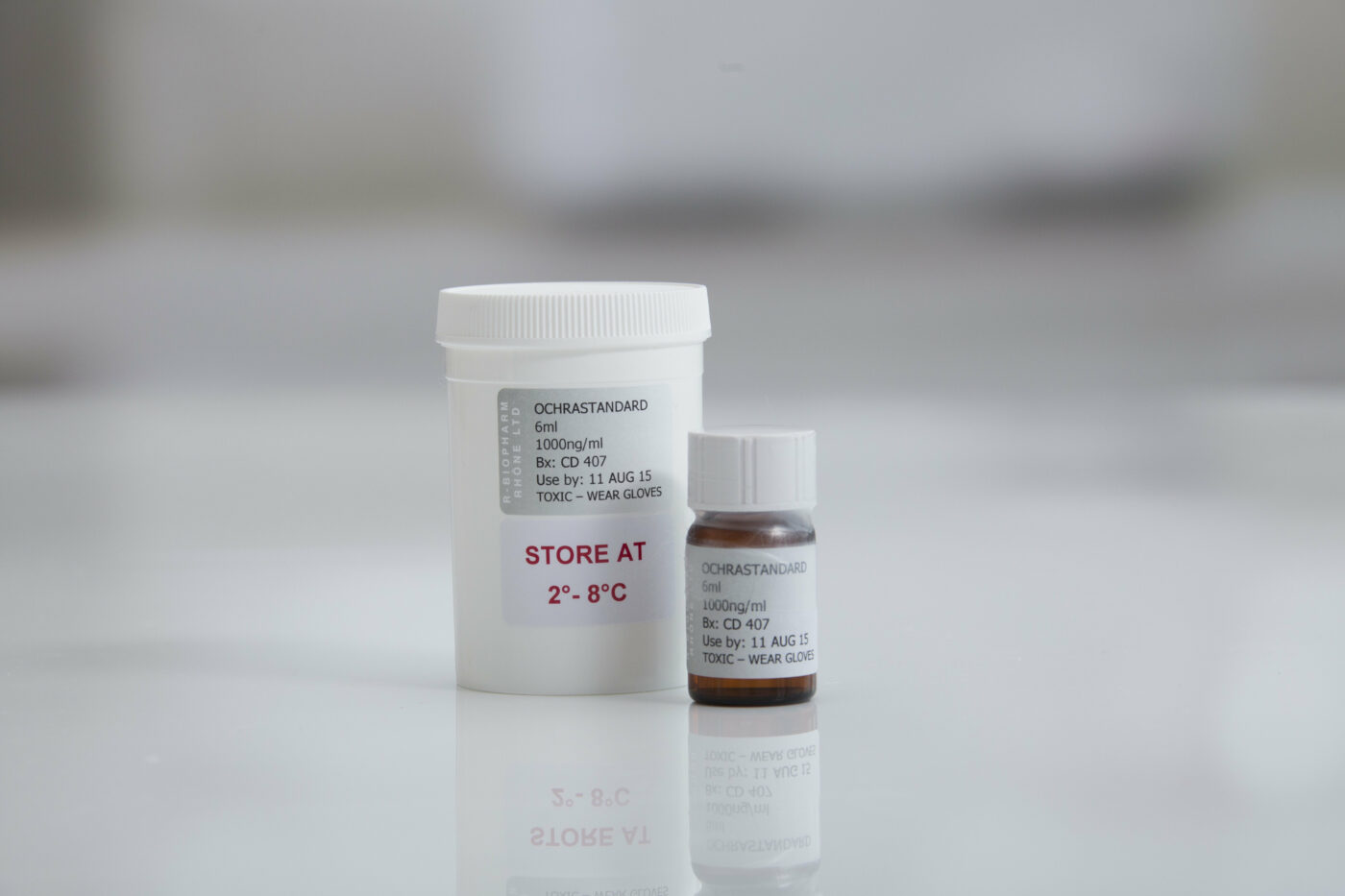
Recent news in Food & Feed Analysis
- Home
- /
- Elevate your standards, ensure...
Elevate your standards, ensure premium quality and savour the confidence in every nut!

In the world of food production, few sectors hold as much significance as the nut industry. With nuts serving as key ingredients in numerous recipes and snacks enjoyed globally, ensuring their safety and quality is paramount. Yet, beneath the surface of seemingly innocuous nuts lies a potential threat: mycotoxins.
Mycotoxins pose a considerable risk to nut quality. These toxins can infiltrate nuts during various stages, from cultivation to storage, leading to adverse health effects for consumers. Given the nutrient-rich profile of nuts and their susceptibility to mould growth, mycotoxin contamination presents a significant concern.
Nuts originate from diverse geographical regions, encompassing major producers like the United States, China, Turkey, and Iran. However, irrespective of their origin, nuts are vulnerable to environmental factors that promote mould growth, such as warm temperatures and high humidity. These conditions provide fertile ground for mycotoxin-producing moulds, heightening the risk of contamination.
As global demand for nuts increases, so does the need for strict regulations to uphold consumer safety and ensure fair trade practices. Many nations have enacted robust legislation governing mycotoxin levels in food and feed products, including nuts such as almonds, pistachios and Brazil nuts. Compliance with these regulations is crucial for nut exporters seeking access to international markets and sustaining consumer confidence.
One mycotoxin receiving increased regulatory attention is Ochratoxin A (OTA). Renowned for its carcinogenic and nephrotoxic properties, OTA poses a significant health hazard when present in nuts. Additionally, aflatoxins are particularly prevalent in nuts like almonds, pistachios and Brazil nuts and can lead to liver damage and carcinogenic effects. To address this concern, regulatory authorities in the European Union, have established maximum limits for AFTs and OTA in various food commodities, including nuts, to safeguard public health and facilitate trade.
As the demand for nuts continues to rise, ensuring their safety becomes increasingly challenging due to the complexity of mycotoxin contamination. Nuts’ intricate structures and diverse compositions pose unique challenges for accurate analysis. The presence of various compounds and matrices in nuts can interfere with conventional testing methods, leading to inaccurate results and potential health risks for consumers.
To overcome these challenges, immunoaffinity clean-up is a powerful solution. Immunoaffinity columns selectively isolate target mycotoxins from complex nut matrices, ensuring enhanced accuracy and reliability in analysis. This method effectively removes interfering substances, allowing for precise detection and quantification of mycotoxin levels in nuts.
In response to these complexities and our continuous commitment to product safety, R-Biopharm Rhône is embracing automation solutions that integrate immunoaffinity clean-up techniques for mycotoxin analysis. By harnessing the power of immunoaffinity clean-up alongside automation, we can overcome the challenges inherent in nut analysis, ensuring comprehensive testing, and safeguarding consumer health with confidence. For more information on our products and how they can benefit your nut testing processes, please contact us.



